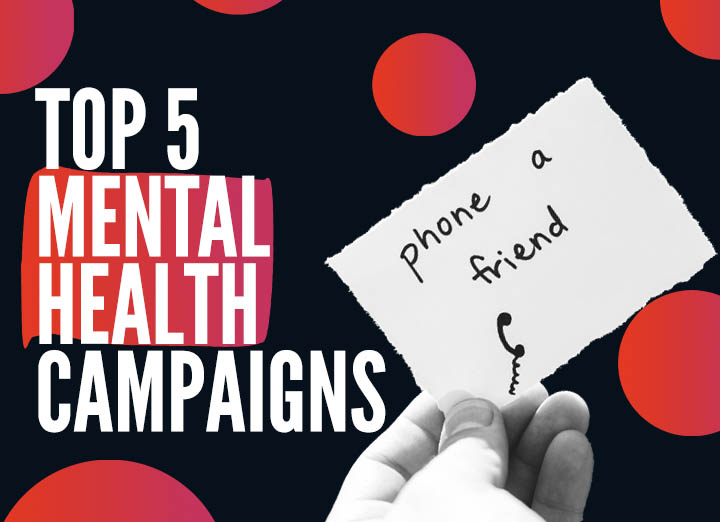Mental health is an essential aspect of well-being, yet it is often surrounded by stigma. For years, the conversation about mental health was taboo, and many individuals suffering from mental health disorders faced judgment and discrimination. Today, there is an ongoing movement to break the silence and confront the stigma associated with mental health. In this article, we will explore the origins of mental health stigma, its impact on individuals and society, and the steps we can take to overcome it.
Understanding the Roots of Mental Health Stigma
Stigma surrounding mental health has deep cultural and historical roots. For centuries, mental health issues were often misunderstood and misrepresented, leading to harmful stereotypes and misconceptions. People with mental health disorders were often seen as “weak” or “crazy” and were marginalized by society. In many cultures, mental illness was associated with supernatural forces, and people with these conditions were either hidden away or institutionalized.
In modern times, mental health stigma is perpetuated by media portrayals, misinformation, and a lack of education. Often, mental health issues are depicted in exaggerated or negative ways in films, television shows, and news stories, reinforcing the idea that people with mental health disorders are dangerous, unstable, or unpredictable. This portrayal makes it harder for individuals to seek help and feel accepted by society.

The Impact of Mental Health Stigma
Mental health stigma can have a devastating impact on both individuals and society as a whole. For those suffering from mental health disorders, the fear of being judged or ostracized may prevent them from seeking the help they need. This reluctance to seek treatment can worsen their symptoms, making it more difficult to recover or manage their condition.
Additionally, mental health stigma can contribute to social isolation, depression, and anxiety. People may withdraw from relationships or social activities because they fear others will treat them differently or view them as “weak” or “inferior.” This isolation can further exacerbate mental health issues and create a cycle of shame and secrecy.
On a larger scale, mental health stigma contributes to the underfunding and underdeveloped resources for mental health care. When mental health issues are not taken seriously or treated with the same urgency as physical health conditions, the system becomes inadequate in providing proper care and support.
Steps to Overcome Mental Health Stigma
Overcoming mental health stigma requires a collective effort from individuals, communities, healthcare professionals, and media outlets. Here are several steps we can take to break the silence and promote understanding:
1. Educate Yourself and Others
One of the most effective ways to reduce stigma is through education. When people understand that mental health disorders are not signs of weakness but rather legitimate medical conditions, they are more likely to approach them with empathy and understanding. Learning about mental health conditions, their causes, and their treatment options helps to dismantle harmful stereotypes and myths. By sharing this knowledge, you can help educate those around you and contribute to changing attitudes toward mental health.
2. Share Personal Stories
Personal stories have the power to humanize mental health struggles and make them more relatable. By sharing your own experiences or supporting others in telling their stories, you help to normalize the conversation around mental health. This vulnerability fosters empathy and understanding, encouraging others to open up about their own challenges without fear of judgment.
3. Promote Mental Health Awareness
Supporting mental health awareness campaigns and participating in mental health advocacy initiatives can help raise visibility and reduce stigma. Events like Mental Health Awareness Month, #BellLetsTalk, and #EndTheStigma encourage open discussions about mental health and promote the importance of seeking help. The more we talk about mental health, the less likely it will remain a taboo subject.
4. Practice Empathy and Compassion
One of the most important ways to reduce stigma is to approach people with mental health issues with empathy and compassion. Instead of judging or labeling, take the time to listen and offer support. Offer encouragement and reassurance that seeking help is a brave and important step. Compassionate actions and words can make a huge difference in someone’s journey toward healing.
5. Challenge Stigmatizing Language
Language plays a significant role in perpetuating stigma. Terms like “crazy,” “insane,” or “psycho” are harmful and can create a sense of shame for those with mental health disorders. By being mindful of the language you use and choosing words that are respectful and non-judgmental, you can contribute to changing the narrative around mental health. Avoiding stigmatizing language can create an environment where mental health is treated with the same respect as physical health.
Moving Forward: A Call for Change
Breaking the silence around mental health stigma is a crucial step toward improving mental health care and support. The more we talk about mental health, the more we normalize the experience of living with mental illness, and the less likely we are to isolate or marginalize those who need help. By educating ourselves, sharing stories, and practicing empathy, we can create a society where mental health is no longer something to be ashamed of, but something that is supported and prioritized.
As a society, we have a long way to go in addressing mental health stigma, but the changes we make today can have a profound impact on the future. Let’s continue to break the silence and pave the way for a healthier, more understanding world.
Conclusion
Overcoming mental health stigma is essential for fostering a society where everyone feels comfortable seeking help and supporting others who are struggling. By addressing stigma at the individual, community, and systemic levels, we can create a culture of compassion and acceptance. It’s time to break the silence, speak up for mental health, and encourage others to do the same.